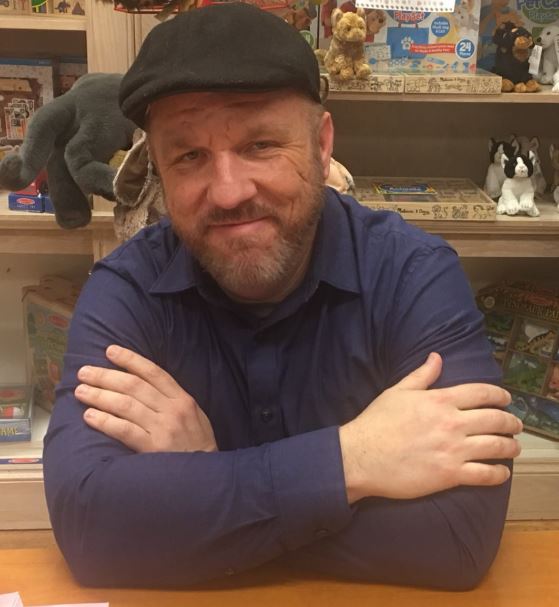'Red Light District': Kicking Harold Guitarist Tim David Kelly Talks New Album, Gear and More
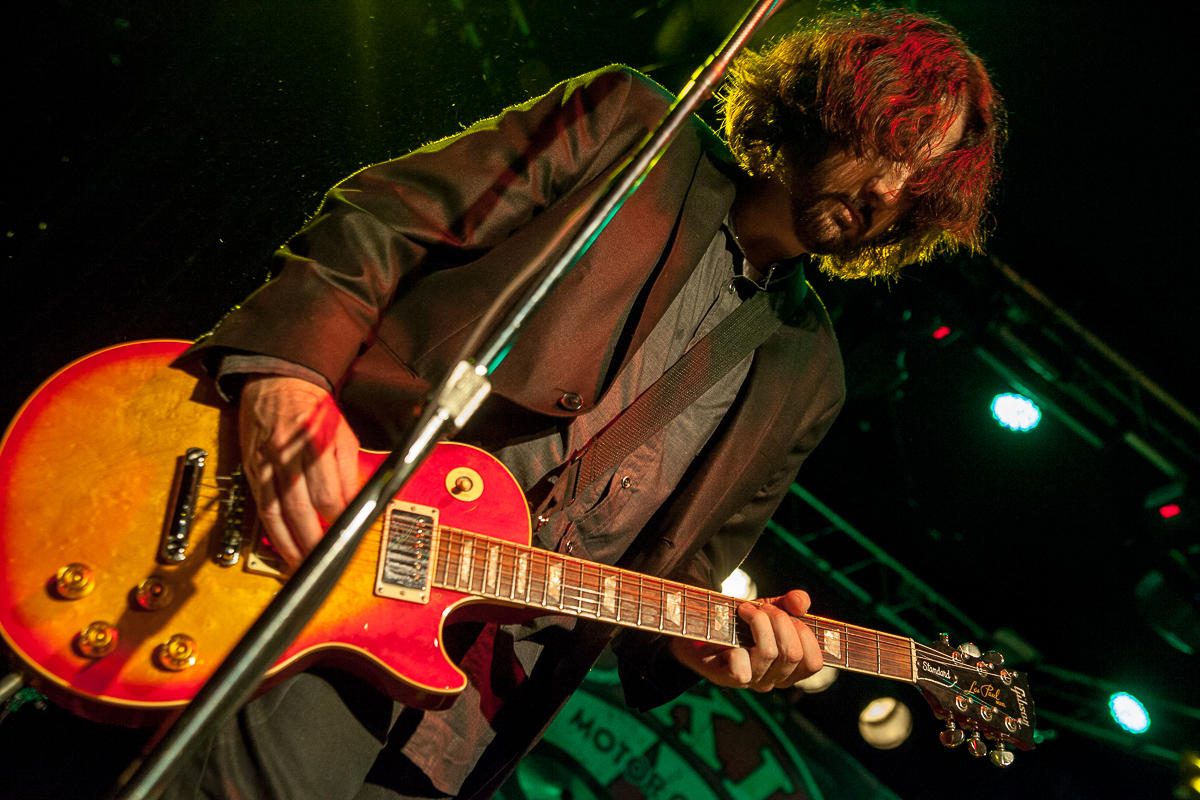
Kicking Harold—a band featuring Tim David Kelly (lead vocals, guitar), Bret Domrose (bass) and Michael Odabashian (drums)—consider themselves modern rock alchemists, with "modern" being the operative word.
In fact, the first single from their latest album, Red Light District, fits that philosophy rather nicely.
After years of unsuccessful attempts to re-release the original song, the band decided to give a 21st-century upgrade to the fan-favorite, "Kill You," a song that originally appeared on their 1996 debut album, Ugly and Festering.
A video for “Kill You,” which features an appearance by adult film star Mary Carey, has already racked up more than 50,000 views.
I recently spoke with guitarist Tim David Kelly about Red Light District, his gear and more.
GUITAR WORLD: If I asked you to describe the sound of Red Light District, what would you say?
I would say it’s a combination of all of our albums put together. There are elements of our early days when we were a little bit grungier to the more current style of where we are now. We’ve really tried to evolve the band without reducing where we’ve come from.
Get The Pick Newsletter
All the latest guitar news, interviews, lessons, reviews, deals and more, direct to your inbox!
What’s your songwriting process like?
Over the years, it’s been different for every album. The last album we did was more of a personal studio project built up layer by layer. As a songwriter, I’m constantly writing. I’ll usually keep small, one-minute demos of verses, choruses and lyrics, and then when it’s time to make an album, I’ll start going through all of the different ideas to find the ones that work best.
Let’s talk about a few tracks from Red Light District, starting with “Underneath It All."
That’s a good example of how songs can hang around for a long time. I originally wrote that song around 2006. It was something I had worked up and played but never got around to recording. When we started looking for songs for this album, I wanted to choose something from around that time period. I really liked the riff and revamped it to what it is now. Once you hit the studio everything comes to life!
"Drinkin’ to Forget You"
That song was actually written with completely different lyrics. It started out as more of a love song. I had tracked the whole song and really liked the music and melody but when I was listening back, I realized the love lyrics didn’t seem to work. So I pulled them off and re-wrote the song around the opposite theme! [laughs].
Why did you decide to do a remake of "Kill You"?
That was originally the first single off of our very first album when we got signed. In the late Nineties our old record label let the album go out of print. So even though the song was still in rotation on radio, it was no longer available. I remember approaching the label about buying back the masters to release to the fans, but they basically told us no. That’s when our manager suggested we re-track it. So we decided to change things up and include it on the new album.
The INXS song "Need You Tonight" was an interesting cover selection. How did this song make it on to the album?
I’ve always loved INXS, and we used to do a heavy version of “Devil Inside." I remember wanting to do a cover of a Number 1 song for this album, so what I did was buy the Number 1 hits of the Eighties. I listened to every song from 1980 to 1990, trying to figure if any of them would work. I actually had no idea that “Need You Tonight” was one of the songs that went to Number 1. I loved it and knew right away it was the one to do!
When did you know you wanted to have a career in music?
The genesis of the whole thing actually began in high school. I had two friends who played guitar and piano and were starting a band. I didn't want to be left out so I had one of them teach me guitar. I learned the chords to “Fly by Night” by Rush and that was it. That’s when I was hooked and really started immersing myself in it. I started playing when I was 15 and about a year later was already doing four sets a night in bars. I even remember having to hide in the kitchen in between sets because we weren’t old enough to be in the bar when we weren’t playing [laughs].
What’s your current setup like?
I’ve had the same amp for 20 years now. It’s a 1990 Marshall 50-watt JCM 900. I’ve had to re-tube it over the years, and I like to run it through 75-watt 4x12 speakers because they don’t crunch out as much. For the past few albums, I’ll usually have my Les Paul as my main guitar and a newer 335 with the double coils. They sound like Les Pauls but are a little rounder.
What gives you the most excitement about music?
For me, it’s about playing and connecting with fans. There’s nothing like going into a rehearsal room or playing a gig, cracking open a beer, firing up the guitar and having that camaraderie with a band and audience. That’s really what it’s all about!
For more about Kicking Harold, visit kickingharold.com.
James Wood is a writer, musician and self-proclaimed metalhead who maintains his own website, GoJimmyGo.net. His articles and interviews are written on a variety of topics with passion and humor. You can follow him on Twitter @JimEWood.
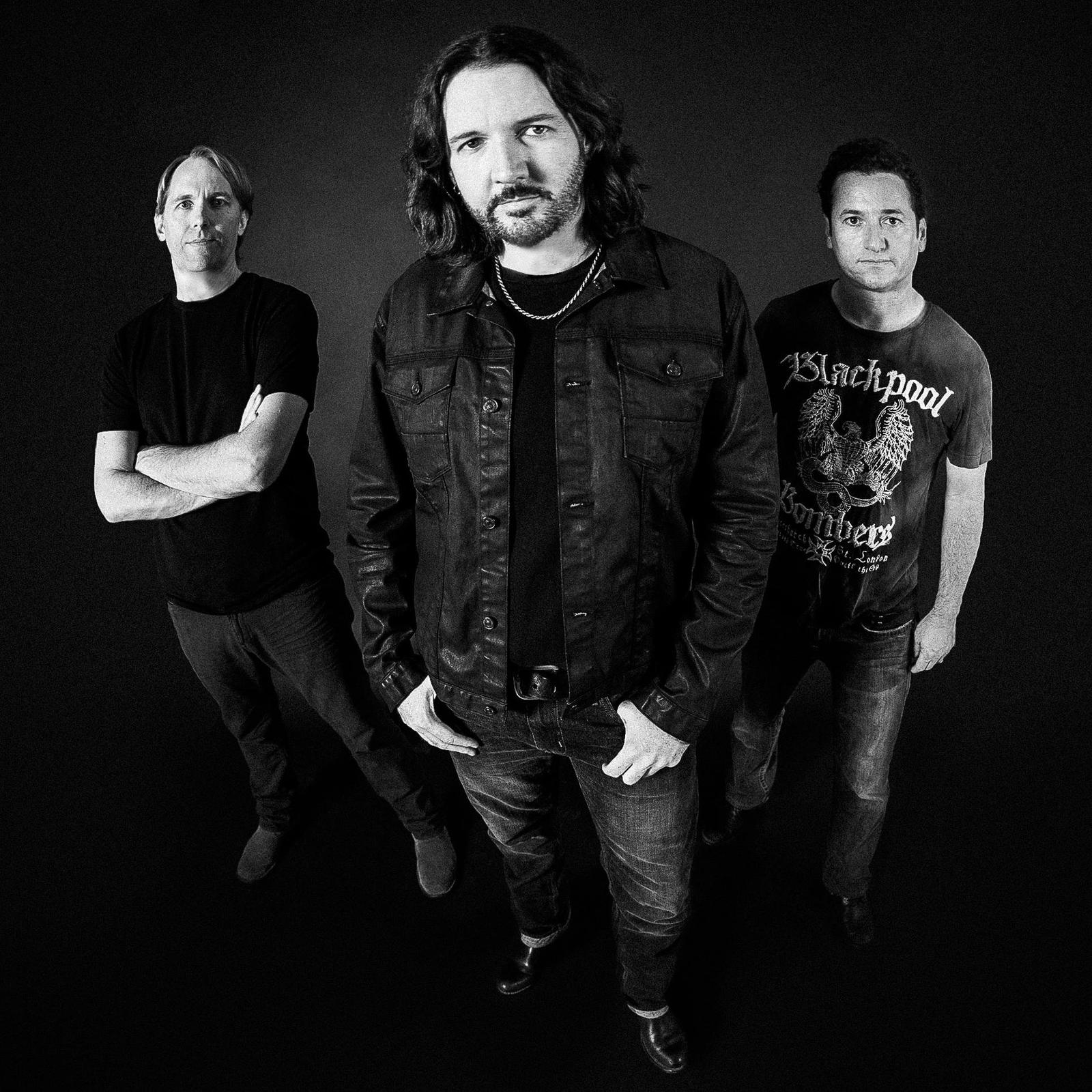
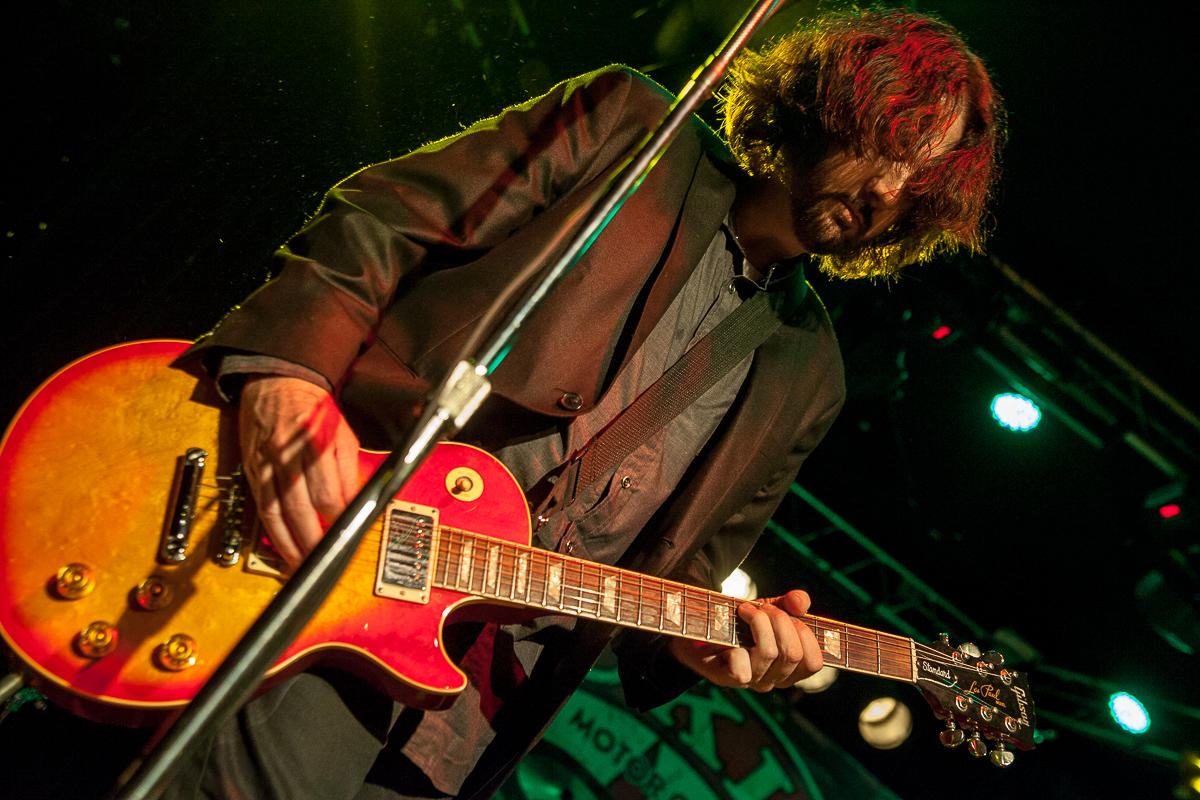
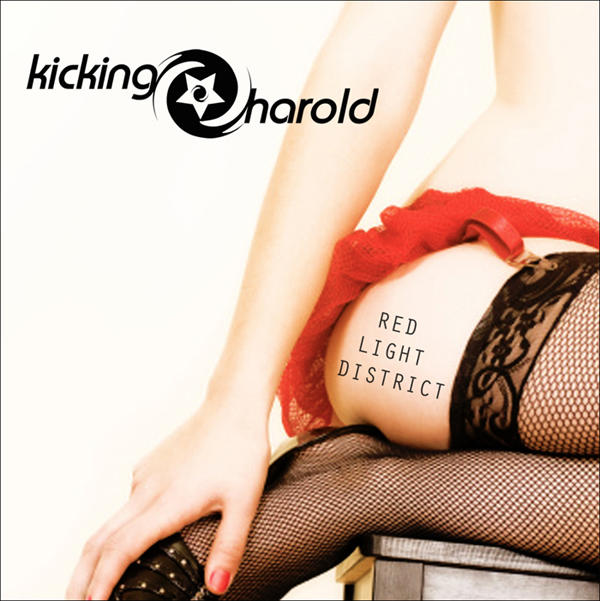
James is a guitarist and freelance writer who's interviewed some of the biggest names in music. He is the author of four books and his writing credits include work for Guitar World, AXS and Yahoo! as well as for his hometown newspaper where he writes on a variety of topics with both passion and humor. As a guitarist, he's performed everywhere from local bars and nightclubs to some of the biggest stages in front of thousands of music fans.
“His songs are timeless, you can’t tell if they were written in the 1400s or now”: Michael Hurley, guitarist and singer/songwriter known as the ‘Godfather of freak folk,’ dies at 83
“The future is pretty bright”: Norman's Rare Guitars has unearthed another future blues great – and the 15-year-old guitar star has already jammed with Michael Lemmo
